In the rapidly evolving cosmetics industry, the demand for high-quality products and efficient production processes is paramount. According to a report by Grand View Research, the global cosmetic packaging market is expected to reach approximately USD 36.4 billion by 2025, with cosmetic filling machines playing a critical role in ensuring product quality and operational efficiency. As companies strive to meet rising consumer expectations while maintaining competitive pricing, selecting the right cosmetic filling machine is essential. These machines not only enhance production capabilities but also help in reducing waste and ensuring precision in filling.
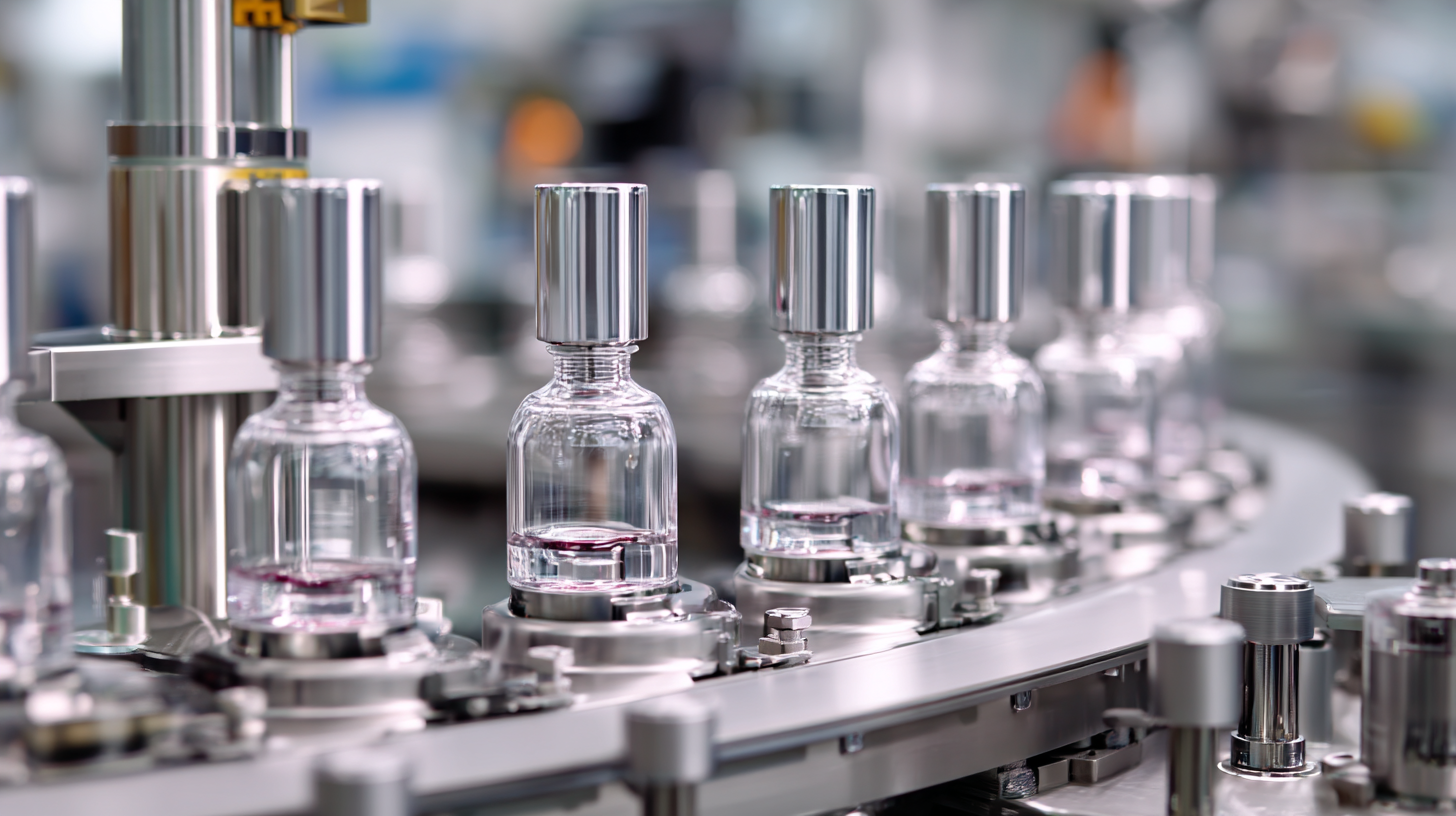
As you embark on the journey of choosing the best cosmetic filling machine for your production needs, understanding the types available and their specific applications will be crucial to boosting your overall efficiency and staying ahead in the market.
When selecting the ideal cosmetic filling machine, understanding key features and specifications is paramount to enhancing production efficiency. Firstly, precision is critical; machines should offer an accuracy rate of at least 99.5%, as highlighted in the 2021 A&J Custom Manufacturing report. This ensures that each product is filled consistently, reducing waste and maximizing profitability. Furthermore, consider the machine's adaptability to different viscosities, from serums to creams. The ability to handle various formulations can lead to a significant increase in versatility, accommodating a broader product range without the need for multiple machines.
Another crucial aspect to examine is the machine's automation capabilities. According to a recent study by MarketsandMarkets, the cosmetic packaging machinery market is projected to grow from $6.22 billion in 2021 to $8.93 billion by 2026, energized by the demand for automation. Investing in fully automated filling machines can drastically shorten production cycles and reduce labor costs. Additionally, integration with existing production lines can streamline operations, further enhancing overall efficiency. Thus, when evaluating options, weigh the long-term benefits of automation and precision, which can ultimately lead to a more competitive positioning in the bustling cosmetics market.
| Feature | Specification | Considerations |
|---|---|---|
| Filling Capacity | 50-500ml per cycle | Choose based on production volume |
| Filling Speed | 30-120 bottles per minute | Higher speed for large operations |
| Precision | ±0.5% to ±1% | Essential for high-end cosmetic products |
| Automation Level | Semi-automatic to fully automatic | Consider labor costs and efficiency |
| Cleaning and Maintenance | Easy disassembly, wash, and maintenance | Minimizes downtime and maintains hygiene |
| Power Requirements | 220V to 380V | Check facility electrical specifications |
| Material Compatibility | Plastic, glass, and metallic containers | Ensure suitability for your packaging |
The cosmetic manufacturing industry has witnessed a significant shift towards automation, particularly in the realm of filling machines. According to a report by Grand View Research, the global automated filling machine market is expected to reach USD 5.4 billion by 2025, growing at a CAGR of 7.7%. This surge is largely driven by the demand for increased efficiency, precision, and the ability to handle diverse product formulations in the competitive cosmetic sector. As brands strive to meet consumer expectations for quality and speed, automated systems are becoming essential tools in the production line.
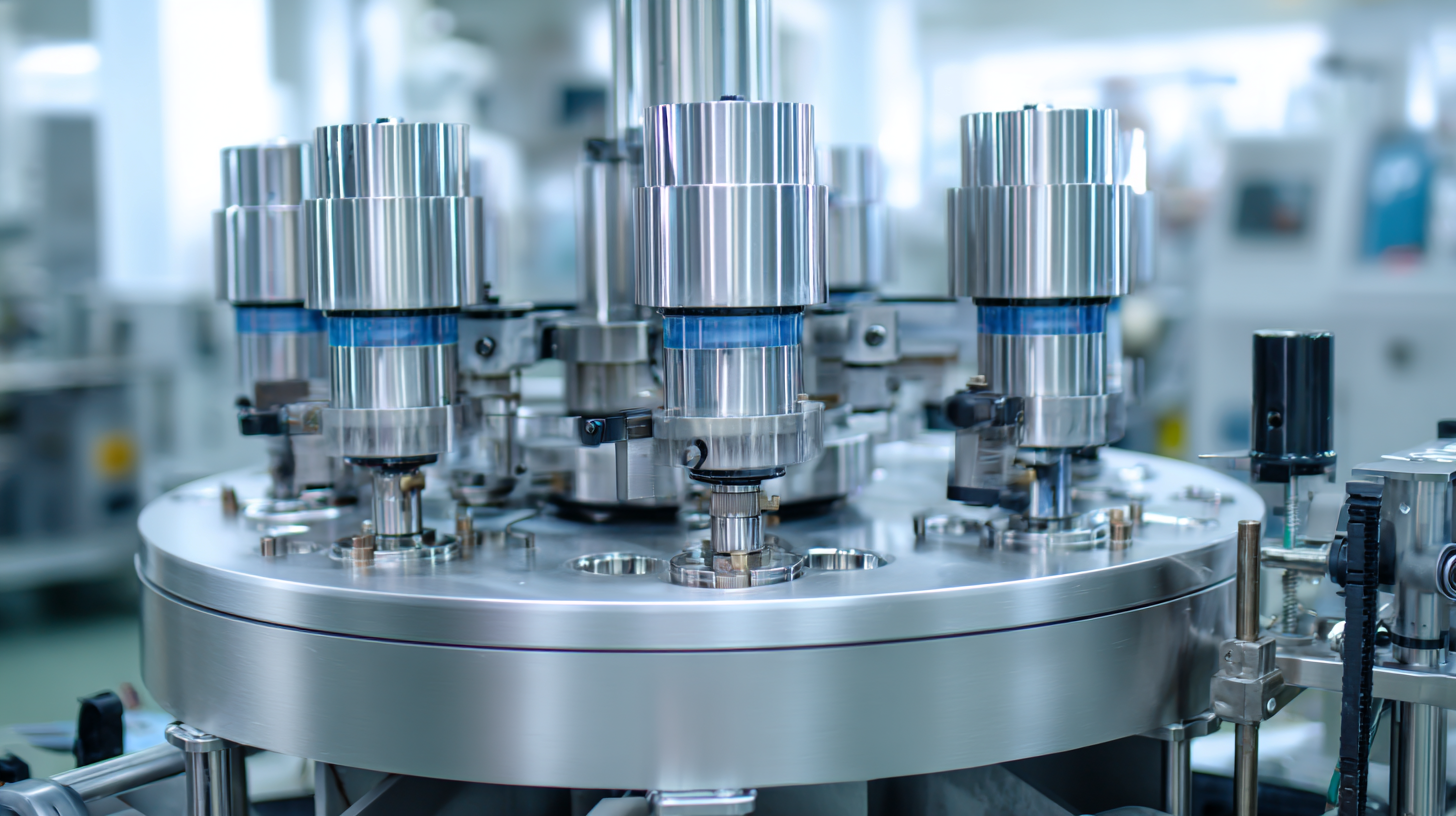
Moreover, the rise of e-commerce and the growing popularity of customized beauty products have further propelled the need for advanced filling technologies. A recent study by MarketsandMarkets estimated that the cosmetic packaging market will reach USD 30.2 billion by 2024, with filling machines playing a crucial role in meeting the rising demand for innovative packaging solutions. Automated filling machines not only enhance production speeds but also ensure consistent filling accuracy, which is critical for maintaining brand reputation in today’s fast-paced market. As companies adapt to these industry trends, investing in state-of-the-art filling technology is becoming imperative for sustained competitiveness.
When evaluating production capacity, aligning machine specifications with output goals is crucial for maximizing efficiency. A thorough understanding of your production needs allows you to select the right cosmetic filling machine. Assessing factors such as speed, volume, and versatility will help ensure that your chosen equipment meets not only current demands but also future growth targets. As manufacturing scenarios evolve, incorporating energy-efficient and sustainable practices, such as utilizing renewable energy sources, can further enhance production capabilities.
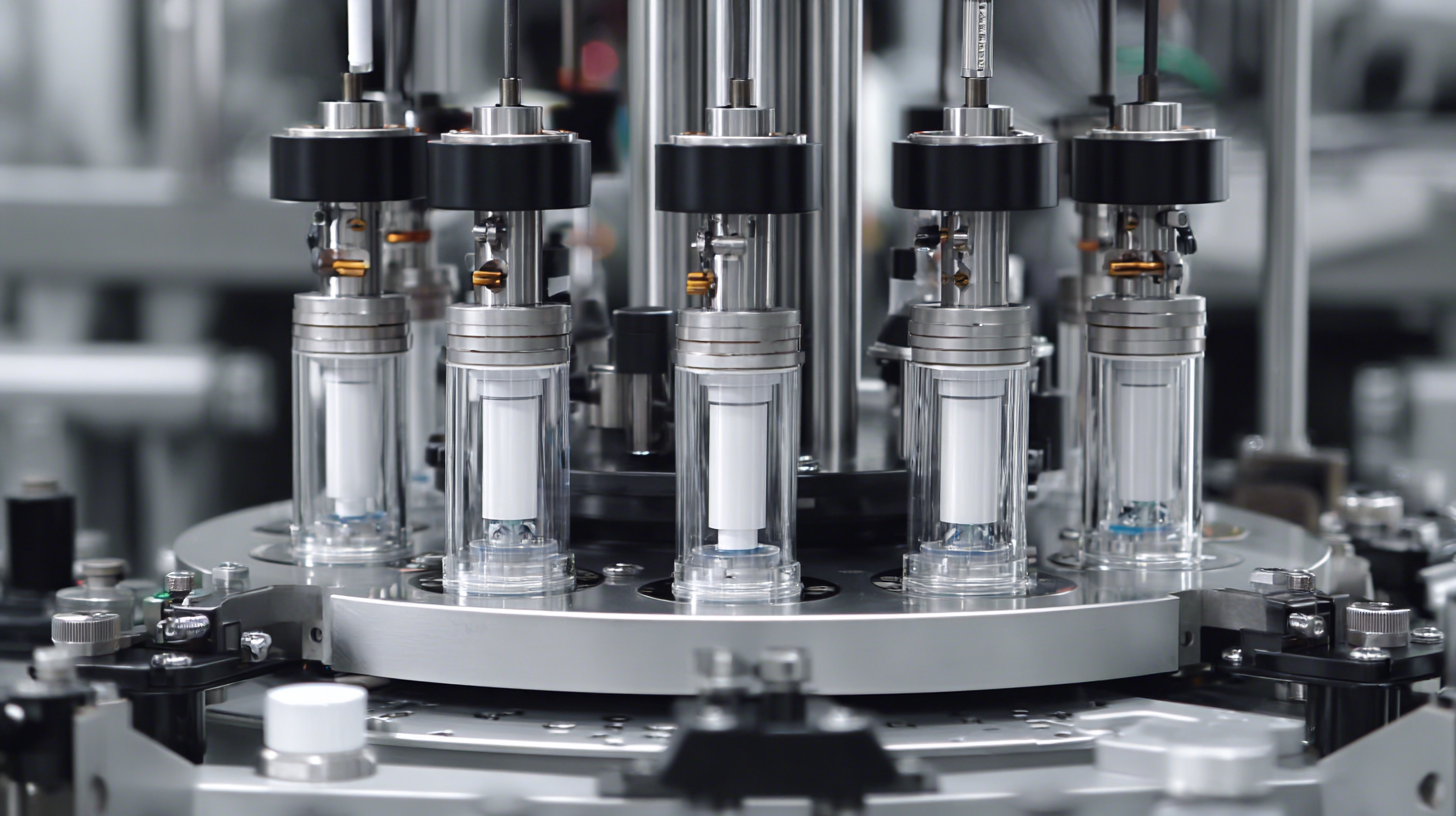
Tips: Always consider future scalability when selecting a machine. An adaptable machine can adjust to various product types and batch sizes, ultimately saving time and reducing costs. It's also beneficial to analyze the operational processes and identify potential inefficiencies—streamlining these can lead to significant productivity gains. Engaging with suppliers to understand the latest technological innovations in cosmetic filling machines can also provide insights that better align with sustainable development goals, ensuring your business is on the cutting edge while minimizing environmental impact.
When considering the return on investment (ROI) of high-quality cosmetic filling machines, it's essential to understand how they can positively impact your production efficiency and overall cost-effectiveness. High-quality machines often come with advanced features that enhance speed and precision, reducing waste and minimizing downtime. This efficiency translates directly into cost savings over time, as your production line can handle higher volumes without sacrificing quality.
Additionally, investing in reliable filling machines can significantly lower maintenance costs in the long run. Cheaper, lower-quality options might save you money upfront but can lead to frequent breakdowns and costly repairs. By opting for a well-made filling machine, you're not just purchasing equipment; you're investing in your brand's reputation and customer satisfaction. The initial higher expenditure can rapidly pay off as you enjoy reduced operational costs, increased productivity, and ultimately, a more profitable business model.
When selecting a cosmetic filling machine, maintenance and support are crucial factors that can significantly impact the longevity and reliability of your production line. According to a recent industry survey by the International Society for Cosmetic Engineering (ISCE), 68% of production issues stem from inadequate machine maintenance. Regular servicing ensures that all components function efficiently, preventing costly downtimes that can disrupt production schedules.
To maintain your cosmetic filling machine effectively, consider implementing a scheduled maintenance plan. This can include daily checks on fluid levels, monthly inspections of mechanical parts, and annual comprehensive reviews by certified technicians. Investing in preventive maintenance can reduce unexpected failures by up to 30%, as reported in the 2022 Machinery Maintenance Benchmarking Study.
Moreover, selecting a supplier who offers robust support services can further enhance your machine's reliability. A study conducted by the Cosmetic Manufacturers Association shows that companies with reliable machine support experience 25% fewer production delays. Ensure to choose a filling machine with readily available technical support and a comprehensive warranty package. By prioritizing maintenance and support, you can ensure your production line remains efficient and responsive to market demands.
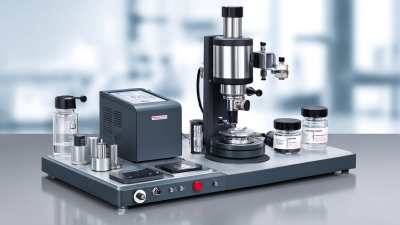

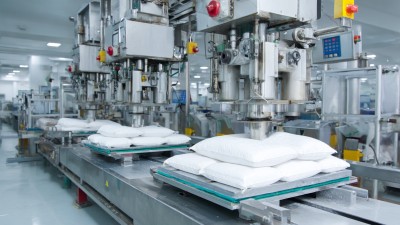
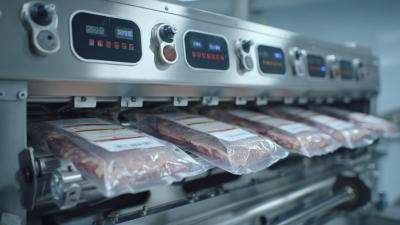
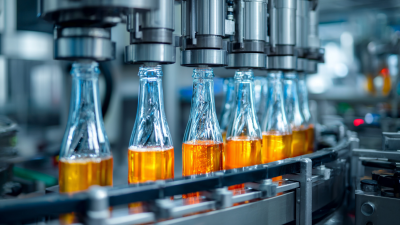
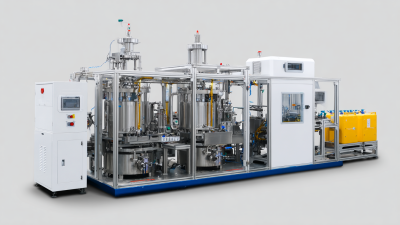
Accutek Packaging Equipment Companies, Inc. stands as one of the premier privately owned packaging machinery manufacturers in the United States.
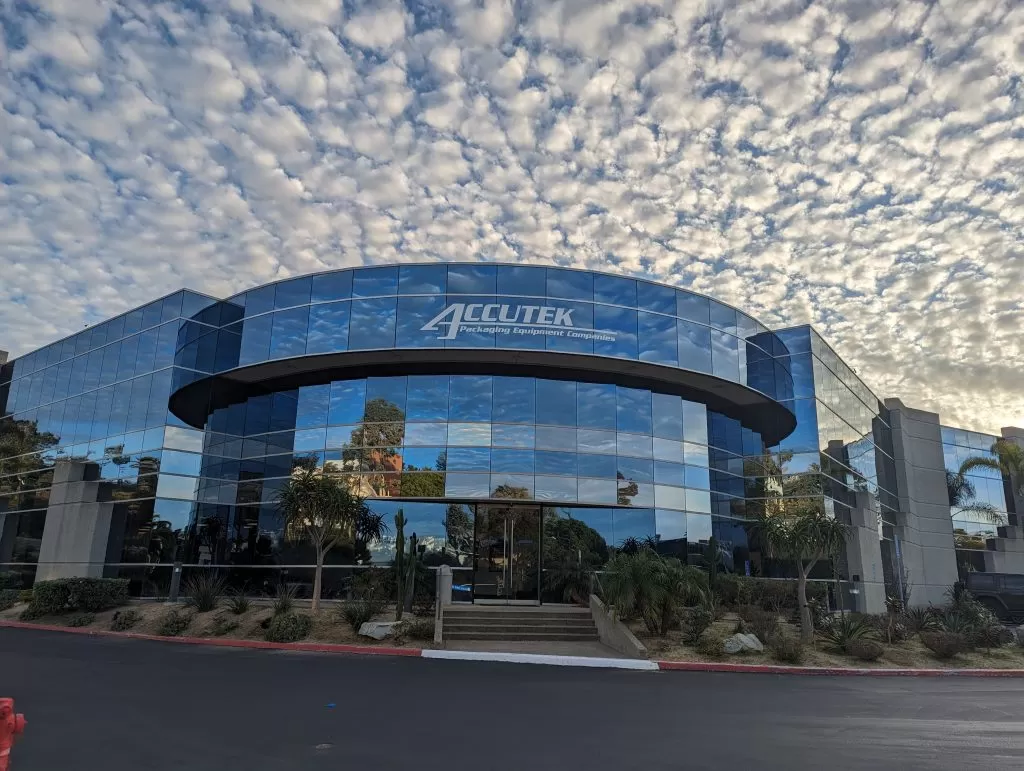
Sign up for all the news about our latest arrivals